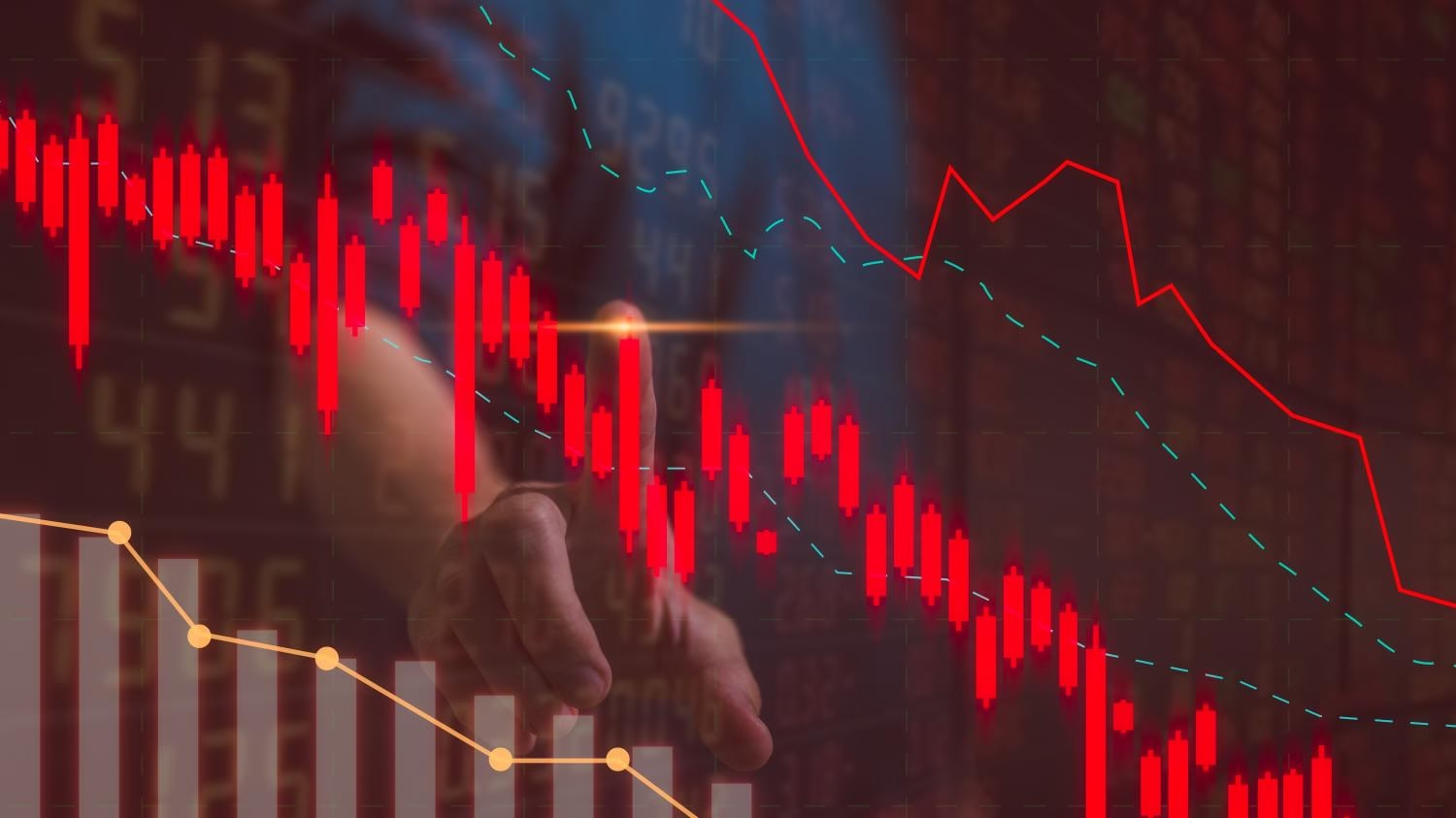Germany economy is losing ground internationally. Energy and production costs are a heavy burden. It faces the risk of becoming the least competitive country in Europe.
The situation of the German economy could hardly be bleaker: Germany has been in a sustained phase of stagnation for more than two years, and economic output shrank again in the second quarter of 2024.
According to experts at the Munich-based ifo Institute, the current weakness has tangible structural causes in addition to economic ones. The industry is facing major challenges such as decarbonization, digitalization and a shortage of skilled workers.
Industry under pressure: More and more sectors complain about competitive disadvantages
The situation in the German manufacturing industry is particularly worrying. According to the ifo economic survey, the majority of industrial companies surveyed reported a deterioration in their competitive position in Germany, the EU and worldwide. Foreign markets in particular are viewed very negatively in all sectors.

A look at the details shows the dimensions: Since 2017, the trend in all surveyed markets – domestic, EU and worldwide – has been clearly negative, with the exception of a brief interim high in the recovery phase after the corona pandemic.
In the last two years, the situation has worsened dramatically: the survey results are worse than ever since the survey began in 1994, according to the recently published ifo report “Competitiveness of German industry in free fall?”
Energy prices and bureaucracy: Germany’s locational disadvantages are making themselves felt
Germany companies surveyed cite high energy prices as the main reasons for the misery, which are particularly hard on energy-intensive industrial sectors such as paper, chemicals, glass and metal compared to other countries. But they also complain about the high level of bureaucracy, rising costs for intermediate products and the tax burden.
“These reasons mean that production costs in Germany are higher than in many other countries,” explain the study authors Stefan Sauer and Klaus Wohlrabe. In addition, the Germany economy is suffering from a persistent shortage of skilled workers, which is likely to become even worse in the coming years.
Germany at the end of Europe? Neighbouring countries perform much better
Germany downward trend is particularly evident in a European comparison. A comparison of the results of studies from 31 European countries shows that in terms of the development of competitiveness over the past two years, Germany is in one of the lower places – together with Finland, Belgium and Austria
This does not mean that Germany currently has the worst competitiveness in Europe, because it is only a matter of relative development, write Sauer and Wohlrabe. “Nevertheless, it is possible to declared that the comparative benefits of German as a place for business have simply kept on decrease.
The order to counteract the downward spiral and the threat of deindustrialization, the ifo experts are urgently calling for positive economic policy impulses. In the short term, political uncertainty must be reduced by quickly forming a government after the upcoming new elections.
The medium and long term, competitiveness must be strengthened by reducing energy costs, reducing bureaucracy and modernizing infrastructure. “Only if we succeed in tackling the structural problems and creating reliable framework conditions can a large-scale migration of industrial production from Germany possibly be prevented,” warn Sauer and Wohlrabe.
https://www.dw.com/en/volkswagen-workers-strike-at-factories-across-germany/a-70933630
